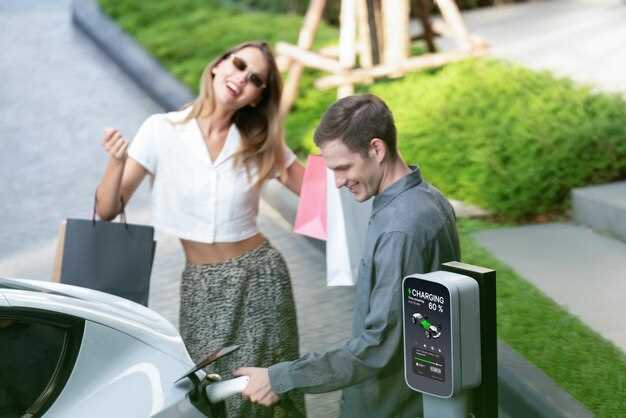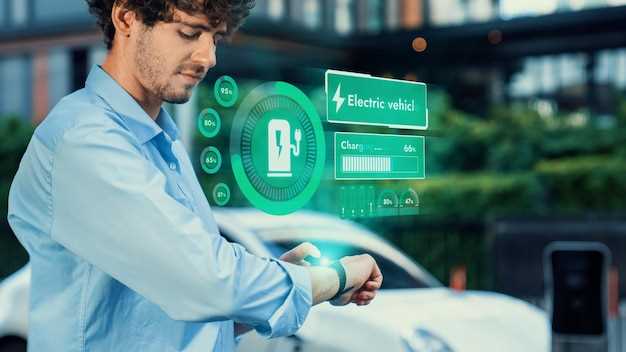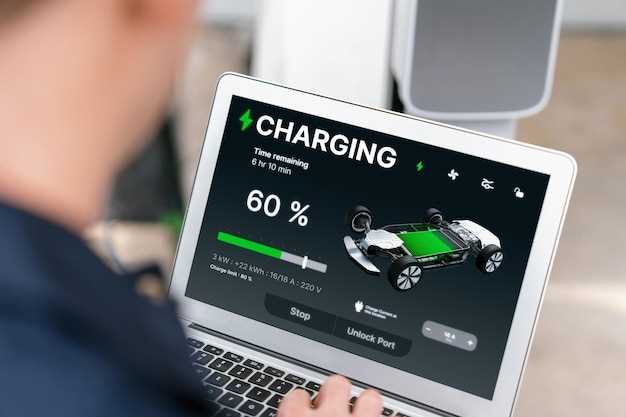Future of hybrid cars in resale market


The automotive industry is experiencing a profound transformation, driven by the quest for sustainability and innovation. Among the various options available, hybrid cars have emerged as a significant alternative to traditional fuel-powered vehicles. This analysis seeks to explore the future prospects of hybrid cars within the resale market, considering both current market trends and consumer preferences.
As the demand for environmentally friendly vehicles grows, the appeal of hybrid models is anticipated to increase. Factors such as fuel efficiency, lower emissions, and the potential for reduced operating costs position hybrid vehicles favorably in the eyes of the consumers. Understanding these dynamics is crucial for assessing the long-term viability and resale value of hybrid cars.
This article will delve into various aspects influencing the resale market for hybrid vehicles, including technological advancements, evolving consumer perceptions, and market competition. By providing insights into these elements, we aim to illuminate how hybrid cars are more than just a transitional phase; they represent a key component in the future of the automotive landscape.
Impact of Government Regulations on Hybrid Car Resale Value

Government regulations play a crucial role in determining the resale value of hybrid cars. As environmental concerns grow, many governments are implementing stricter emission standards and incentivizing the use of hybrid vehicles. These regulations not only affect new car sales but also influence the used car market, particularly for hybrids.
First, analysis of government incentives reveals that tax credits and rebates for hybrid car buyers can lead to increased initial sales, which indirectly boosts the resale value. When consumers perceive a vehicle as environmentally friendly and economically beneficial due to government support, they are more likely to invest in hybrid models. This heightened demand can lead to higher resale prices as these vehicles maintain a perception of value longer than traditional gasoline models.
Additionally, future regulations aimed at reducing carbon emissions will likely make hybrid cars more attractive in the resale market. As cities implement low-emission zones and fuel economy regulations, vehicles that meet these criteria will command a premium. Conversely, increasing restrictions on internal combustion engines may diminish the resale value of conventional cars, further enhancing the appeal and marketability of hybrids.
Moreover, changes in government policy can create uncertainty, impacting consumer confidence in hybrid vehicles. If potential buyers anticipate future regulations that might favor electric vehicles over hybrids, they may hesitate to purchase used hybrids, which could lead to a decline in resale prices. Therefore, ongoing government analysis of environmental policies will be vital for predicting the future dynamics of the hybrid car resale market.
In summary, government regulations have a profound impact on the resale value of hybrid cars. As policies evolve, they shape consumer perception, affect demand, and influence market trends. Future prospects for hybrid vehicles will largely depend on the regulatory landscape, making it essential for stakeholders to stay informed and adaptable.
Consumer Perceptions and Preferences Influencing Hybrid Car Resale
In recent years, the resale market for hybrid cars has experienced notable fluctuations, driven largely by consumer perceptions and preferences. A significant future aspect of this market lies in the evolving attitudes toward environmental sustainability and fuel efficiency. As more consumers become environmentally conscious, the demand for hybrid vehicles is expected to rise, positively influencing their resale value.
Analysis of consumer preferences reveals that many buyers prioritize reliability and maintenance costs when considering hybrid vehicles. Therefore, hybrid models known for their longevity and low upkeep expenses tend to have better resale prospects. Furthermore, consumers are increasingly favoring brands that demonstrate technological advancements in hybrid technology, leading to a preference for newer models equipped with superior features that enhance efficiency and performance.
The perception of hybrid cars as a long-term investment also plays a crucial role. As consumers recognize the potential for savings on fuel costs and reduced emissions, they are more likely to view these vehicles favorably, which in turn affects resale values. Additionally, regional factors, such as fuel prices and governmental incentives for sustainable vehicles, can shape consumer preferences in specific markets, further impacting resale opportunities.
Looking ahead, the hybrid car resale market’s future will rely on how effectively manufacturers address consumer concerns regarding battery life and technology updates. Education and awareness campaigns promoting the advantages of hybrid vehicles will also be vital in shifting consumer perceptions. Ultimately, as the market continues to evolve, understanding these factors will be key to navigating the hybrid car resale landscape.
Technological Advancements and Their Role in Hybrid Car Market Trends

The hybrid car market is experiencing rapid evolution, driven primarily by technological advancements that enhance vehicle performance, efficiency, and appeal. These innovations play a significant role in shaping consumer perceptions and expectations regarding hybrid vehicles, ultimately influencing resale value and market trends.
One of the most impactful advancements is the development of more efficient battery systems. Recent breakthroughs in lithium-ion and solid-state batteries have drastically improved energy density and reduced charging times. Such enhancements not only extend the driving range of hybrid cars but also decrease the time necessary for recharging, making them more attractive to potential buyers in the resale market.
In addition, advancements in regenerative braking technology contribute significantly to the efficiency of hybrid vehicles. This technology allows for the conversion of kinetic energy back into stored energy during braking, thereby optimizing fuel consumption and providing a cost-effective driving experience. As hybrid cars become more technologically sophisticated, consumers are likely to appreciate the reduced operating costs, further boosting their resale potential.
Furthermore, the integration of artificial intelligence (AI) and advanced driver-assistance systems (ADAS) is transforming hybrid vehicles into smart cars. Features such as adaptive cruise control, lane-keeping assistance, and predictive maintenance not only enhance safety but also elevate the overall driving experience. Buyers increasingly seek vehicles equipped with cutting-edge features, affecting resale values positively.
Finally, the role of connectivity and infotainment options cannot be overlooked. Hybrid cars equipped with the latest technology offer enhanced user experiences with seamless smartphone integration, navigation, and entertainment systems. This trend towards connectivity makes hybrid vehicles more appealing, particularly to tech-savvy consumers in the resale market.
Overall, the continuous technological advancements in hybrid cars significantly impact their market trends. As innovations evolve, they not only enhance the current offerings but also set the stage for a future where hybrid vehicles are increasingly embraced, leading to promising resale prospects in the automotive market.



